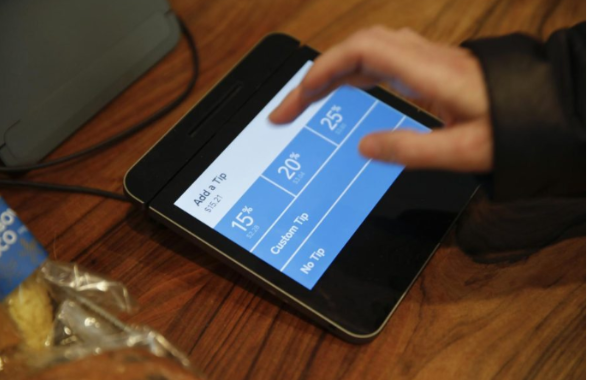Teachers have adopted a new alert system, known as Remind 101, which allows for more open communication between teachers and their students.
By subscribing to Remind 101 teachers are provided an independent number which they can use to send texts to their students. Once students subscribe, they receive alerts as often as their teacher provides them.
This free notification system ensures more contact between students and their teachers as the alerts are sent to the devices which majority of students spend most of their time on: their cellphones.
Remind 101 was started by self-proclaimed techies and brothers Brett and David Kopf while Brett was a student at Michigan State University.
“When I was a student I had no way to manage my classes,” Brett Kopf said. “I was really overwhelmed with all the exams, quizzes, and assignments and at the same time I received a text on my phone and voila. We then spoke to hundreds of teachers and found out they didn’t have a safe, efficient way to communicate and we’ve worked hand in hand with them to help us develop the product.”
This service the Kopf brothers have created greatly improves communication. It is free and ensures privacy as teachers never receive their students’ phone numbers and vice versa.
“The problem we solve is making it safe and easy for teachers to communicate with students and parents, mostly after school,” Kopf said. “So, at the core, teachers had really important information to convey ‘don’t forget to study,’ ‘exam changed,’ ‘parents, permissions slips due tonight,’ and they had no way to communicate that information effectively. So, it’s not an issue necessarily. It’s that there is no efficient, safe way for them to communicate information. We allow them to do that.”
Teachers like English teacher Daina Lieberman and business teacher Susan Brownsword have started utilizing this service, which is accessible as an app for iPhones as well as on the Android market.
“My son, who goes here and never checks Blackboard, told me that Ms. Lieberman started doing it and I thought it was a wonderful idea,” Brownsword said. “Then, Mr. Crouse showed it to us at a meeting.”
The average teenager also sends more than 3,000 texts per month, equating to more than six texts per hour. Most teenagers also spend nearly every waking hour on their phone.
While texting is the most common communication technique on phones, the old “king” in electronic communication, the email, has declined in use. Only twelve percent of teenagers check their email on the phone. Therefore, the cellphone is a more reliable communication device than other leading devices like email and physically writing assignments down, even though such options are still available in this age of technology.
Although teachers still use email updates, a lot of students do not check their emails frequently enough to obtain the necessary updates in a timely manner.
“[Students] don’t check email,” Brownsword said. “They don’t check Blackboard. But, students always have their phones.”
These reminders enable students to retain information about upcoming deadlines, without being bombarded with messages.
“I also love it because, since it only allows up to 140 characters like a text message, it forces you to give the most relevant info,” Brownsword said. “Most students can’t handle and don’t bother with lengthy emails.”
Another reason Brownsword supports the use of Remind 101 is for its ability to maintain privacy, which is different from social media outlets such as Twitter or Facebook.
“Remind 101 is totally anonymous,” Brownsword said. “I don’t know your number, and you don’t know mine. Twitter or Facebook pages or groups are nerve racking for teachers.”
This service should be expanded for use in more classes to accommodate for the “techie” teenager demographic, which survives on technology.
IB Career Certificate student and junior Zack McIntyre appreciates the notifications he receives for his extra interactive class Approaches to Learning.
“Because ATL is online, [Remind 101] keeps me informed so I know information since we aren’t meeting on a regular basis,” McIntyre said.
“Without them, I might not know when to check Blackboard.”
The proliferation of the service does not aim to supplant the Blackboard portal or email notifications, nor should it be considered a substitute for Blackboard. A text message cannot send an attachment of an assignment nor go in great depth about the impending assignment.
Blackboard is still necessary for student achievement and updated information. Students cannot solely rely on text messages which are purposely weekly scheduled, not constant and daily reminders about typical assignments.
Also, it is important that the service remains optional for students with the choice to unsubscribe if they feel that Remind 101 is not as trustworthy as Blackboard.
“We as teachers still need to be sure we keep up on Blackboard,” Brownsword said. “In every class, I still have eight to 10 who aren’t subscribed to the feed so I still have to update Blackboard and send email alerts.”
Both students and teachers benefit from the use of such technology. Students can get live alerts without being overwhelmed with superfluous information and teachers can develop more effective communications with their pupils.


















